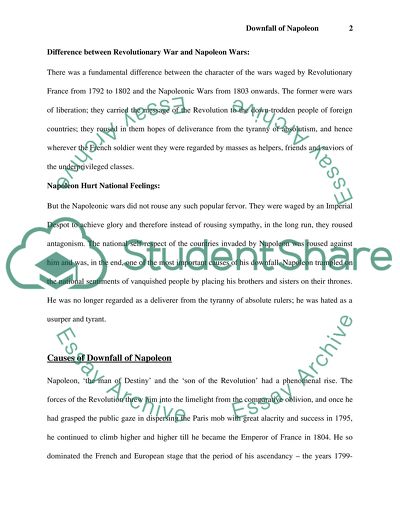Cite this document
(“Napolean's Defeat Term Paper Example | Topics and Well Written Essays - 1500 words”, n.d.)
Napolean's Defeat Term Paper Example | Topics and Well Written Essays - 1500 words. Retrieved from https://studentshare.org/miscellaneous/1523364-napoleans-defeat
Napolean's Defeat Term Paper Example | Topics and Well Written Essays - 1500 words. Retrieved from https://studentshare.org/miscellaneous/1523364-napoleans-defeat
(Napolean'S Defeat Term Paper Example | Topics and Well Written Essays - 1500 Words)
Napolean'S Defeat Term Paper Example | Topics and Well Written Essays - 1500 Words. https://studentshare.org/miscellaneous/1523364-napoleans-defeat.
Napolean'S Defeat Term Paper Example | Topics and Well Written Essays - 1500 Words. https://studentshare.org/miscellaneous/1523364-napoleans-defeat.
“Napolean'S Defeat Term Paper Example | Topics and Well Written Essays - 1500 Words”, n.d. https://studentshare.org/miscellaneous/1523364-napoleans-defeat.


